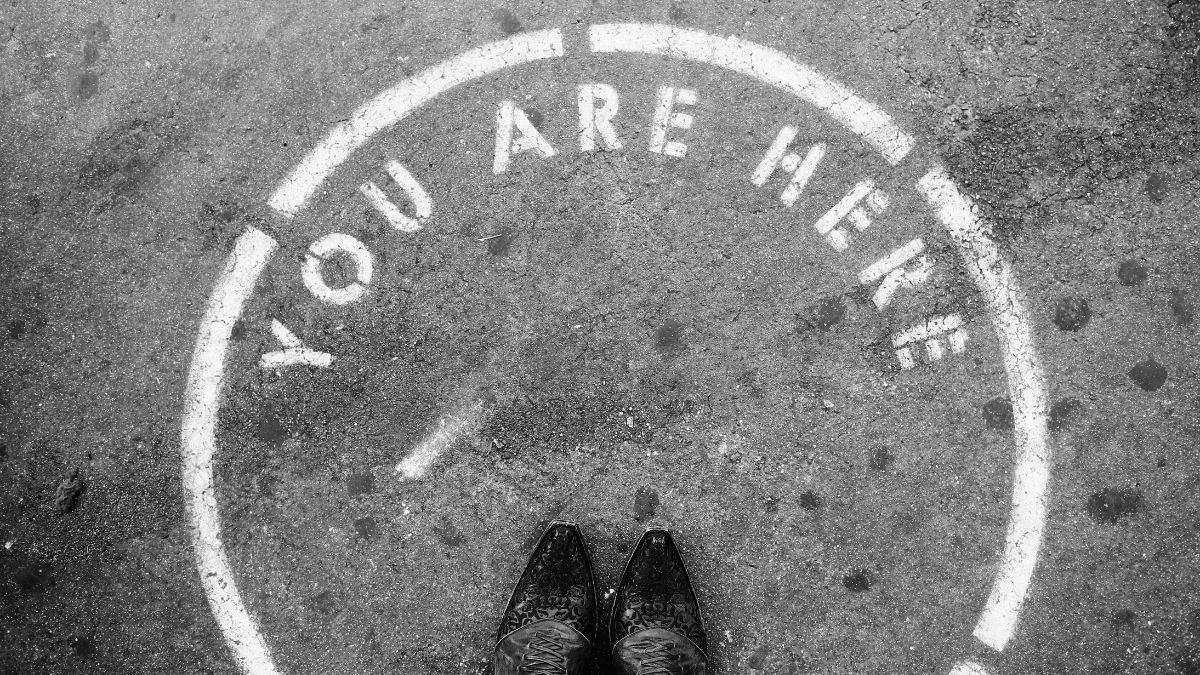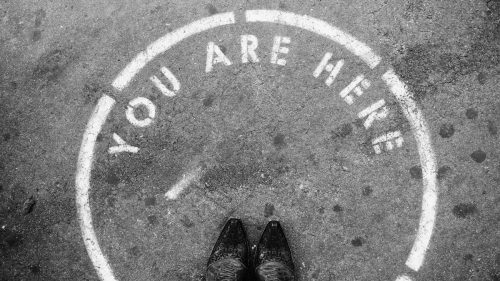

BreakPoint
A Horror Story for Christians
An upstanding London physician enters his laboratory and downs a vial of bubbling liquid. A moment later he grasps his throat, his eyes bulge, and he is transformed into a monster bent on violence. Well, as you may have gathered, I'm talking about Dr. Jekyll and Mr. Hyde, Robert Louis Stevenson's famous story that has recently been turned into a smash Broadway musical. Of course, it's a great horror story, but what might surprise Broadway audiences is that it's also a Christian fable on the nature of sin. As the story goes, Dr. Jekyll is a respectable doctor who finds himself torn by a dual personality. Half of him wants to be admired as a pillar of society, the other half wants to revel in the low life, in sin and debauchery. What if he could concoct a potion that would separate these two halves? That way the sinful half—Mr. Hyde—could roam at night, giving vent to his violent passions, but next morning he could greet the world as Dr. Jekyll, the model citizen. Well, in the story Jekyll concocts his potion and for a time the deception works perfectly. He sins as Hyde and shines publicly as Jekyll. But then things go tragically awry. Suddenly he finds himself turning into the monstrous Mr. Hyde—even without drinking the potion. What's happened? Why is the depraved Mr. Hyde suddenly getting the upper hand over the upstanding Dr. Jekyll? According to theologian Dr. Tim Keller, it is because Jekyll "completely underestimated the power of evil." Jekyll thought he could control the evil and sin within him. Instead, it ended up controlling him. Jekyll suffered from the mistaken belief that he had a good side and a bad side. But Stevenson's story shows that this is a false dichotomy. As long as we allow evil to go unchecked, all our goodness is mere hypocrisy. According to Keller, "Jekyll's moral primness and pride are just the camouflage for Hyde." The morally upstanding Dr. Jekyll may look better than Mr. Hyde, but in reality, his respectable image is little more than a cover-up for his base impulses. Stevenson was fascinated by examples of people living double lives, and his penetrating moral insight is that, to some extent, we all do. The story of Dr. Jekyll and Mr. Hyde puts the lie to the modern myth that we can compartmentalize our lives—that we can do anything we want in private without public consequences. Scripture challenges us to face up to our true nature: We cannot camouflage the evil within us with good works or by going to church. If we hold back any part of our lives from submission to God, if we cordon it off and say, "Here we can indulge in a little sin," it will inevitably mushroom into a larger sin. The runaway Broadway hit is bringing this classic story back to the public eye. It's a story most people are already familiar with, but only to the extent of understanding the expression "Jekyll and Hyde," referring to a dual personality. So when your kids ask about it, take the occasion to explain deeper meaning of the story. Let them see that it is a powerful moral lesson with direct application to one of the great questions modern American society is wrestling with. Or why not read this classic story to your kids, and explain how it illustrates a fundamental truth about the power of sin. And that is a real horror story.
11/12/98















